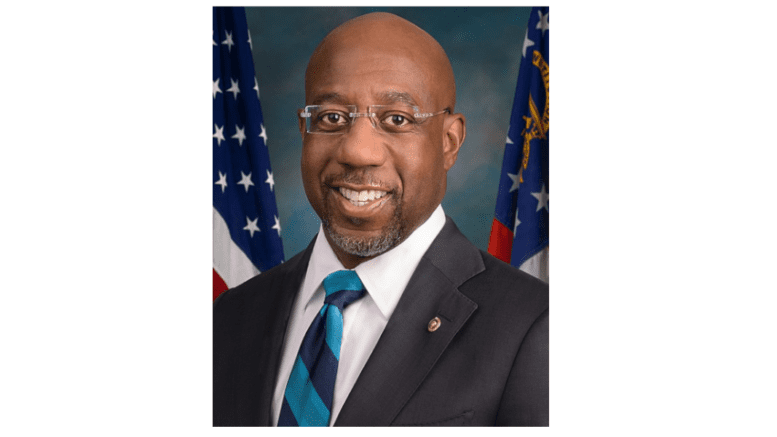by Ross Williams, Georgia Recorder [This article first appeared in the Georgia Recorder, republished with permission]
March 24, 2022
Georgia U.S. Sen. Raphael Warnock announced a plan Thursday to lower drug costs for seniors in his latest efforts to revive provisions from the Democrats’ stalled social spending bill.
“This bill focuses specifically on lowering the cost of prescription drugs for seniors on Medicare Part D,” Warnock said during a virtual press conference. “I think that this is a bipartisan issue, and so I’m talking to my colleagues on both sides of the aisle. Hopefully, we can get this done sooner than later. It certainly can’t happen soon enough for seniors who are feeling the pinch right now.”
A February report from the Kaiser Family Foundation found that drug prices increased faster than inflation for half of the medications covered by Medicare.
For specialty medicines, which seniors are disproportionately likely to require, prices can be especially unreachable. Last year, the AARP Public Policy Institute found that the average annual cost for a single specialty prescription drug was $84,442 per year, nearly three times the median income for Medicare beneficiaries, and as a large number of Americans age, more people rely on these medications.
“For years, prescription drug prices have dwarfed even the highest rates of general inflation,” said Debra Tyler-Horton, director of the Georgia AARP. “If consumer prices had risen as fast as drug prices over the last 15 years, gas would now cost $12.20 a gallon.”
Warnock did not reveal specifics of the bill, including how much seniors would pay out of pocket, saying more information would be available in the coming days.
The announcement comes as Warnock continues to push a bill to cap the price of insulin at $35 a month.
“I come from a state where 12% of the folks have diabetes,” he said. “We have $1 out of $4 spent in our healthcare system on people who suffer from diabetes. And so the way to look at this is as a part of a larger comprehensive effort to lower the costs of health care in general, which gives us what we need to provide more services to more people in a more efficient and cost effective way.”
Warnock expressed confidence he would be able to work with both parties to pass the bills, but to do so, he will need to thread a needle between conservatives opposed to government regulation and members of his own party who would prefer to see more sweeping healthcare reforms.
The freshman senator faces his first reelection challenge in November, with former University of Georgia football star Herschel Walker and Commissioner of Agriculture Gary Black leading the pack for the GOP nomination.
As of the end of 2021, voters over 65 were by far the largest voting bloc by age in Georgia with more than 1.4 million older residents, making up just over 20% of active voters, according to data from the secretary of state’s office. The next largest group, Georgians between 18 and 24, comprised less than 12% of all voters.
Washington Post exit polls found that Warnock had an advantage over then-Sen. Kelly Loeffler among voters over 65 in the 2020 general election.
Georgia Recorder is part of States Newsroom, a network of news bureaus supported by grants and a coalition of donors as a 501c(3) public charity. Georgia Recorder maintains editorial independence. Contact Editor John McCosh for questions: info@georgiarecorder.com. Follow Georgia Recorder on Facebook and Twitter.
